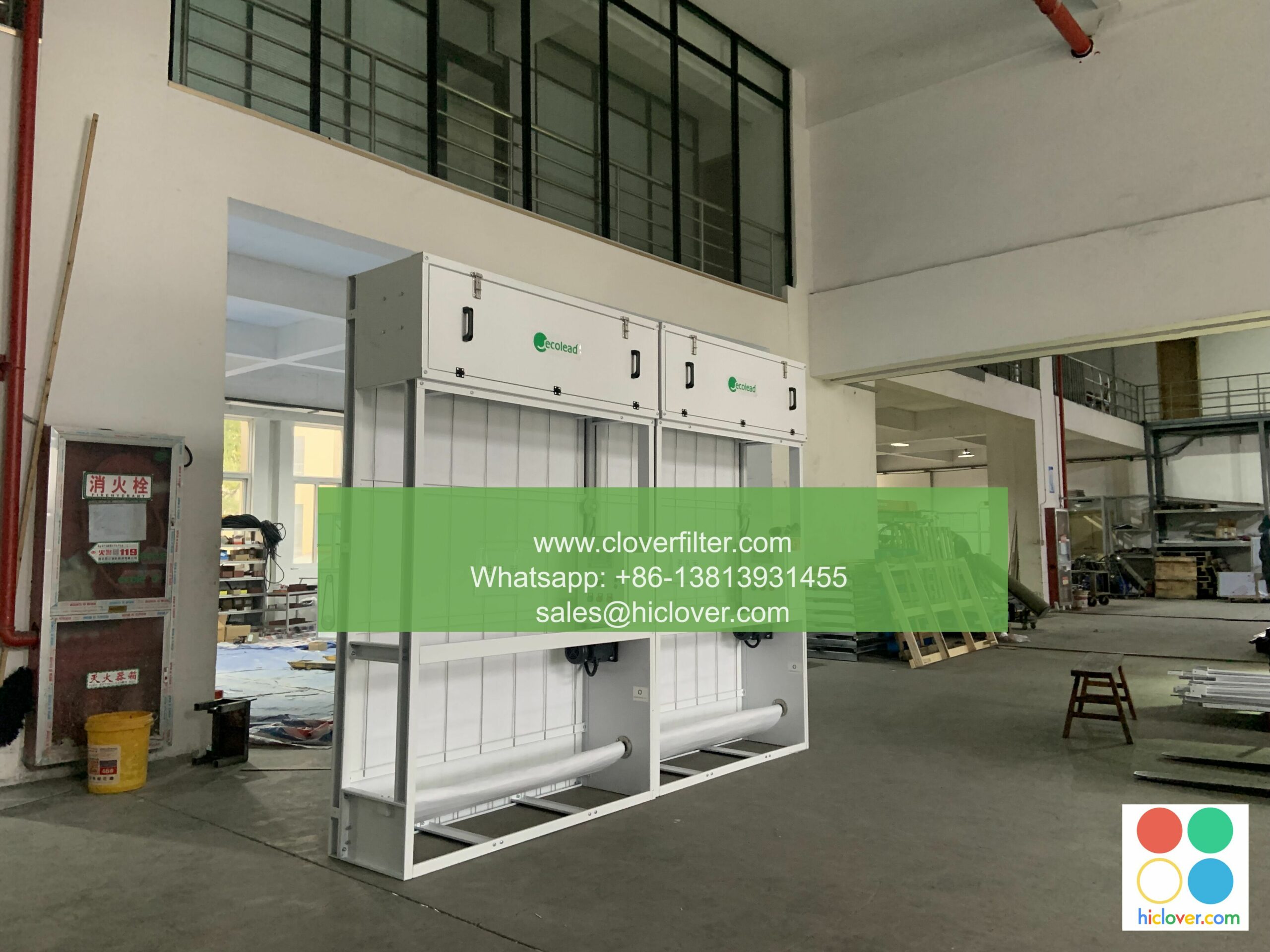The Benefits of Using Air Filters with UV Technology for Industrial Use

The use of air filters with UV technology in industrial settings has become increasingly popular due to their numerous benefits. These filters combine the power of ultraviolet (UV) light with traditional filtration methods to provide a comprehensive solution for improving indoor air quality (IAQ) and reducing the risk of airborne contaminants. In this article, we will explore the benefits of using air filters with UV technology for industrial use, highlighting various application areas and key features such as HEPA filtration, UV-C light, and activated carbon.
Improved Indoor Air Quality (IAQ)
One of the primary benefits of using air filters with UV technology is the significant improvement in IAQ. These filters are designed to capture 99.97% of particles as small as 0.3 microns, including dust, pollen, and other airborne contaminants. The addition of UV-C light technology helps to inactivate bacteria, viruses, and other microorganisms, providing a higher level of protection against airborne pathogens. This is particularly important in industrial settings where workers may be exposed to hazardous materials and airborne contaminants.
Reduced Risk of Airborne Contaminants
Air filters with UV technology are highly effective in reducing the risk of airborne contaminants, including mold, bacteria, and viruses. The UV-C light technology helps to break down the DNA of microorganisms, rendering them harmless. This is especially important in industries where workers may be exposed to hazardous materials, such as chemicals, heavy metals, and asbestos. By using air filters with UV technology, industrial facilities can significantly reduce the risk of airborne contaminants and create a healthier work environment.
Application Areas
Air filters with UV technology have a wide range of applications in various industrial settings, including:
- Food processing: to reduce the risk of contamination and improve IAQ in food processing facilities
- Pharmaceutical manufacturing: to maintain a high level of cleanliness and reduce the risk of airborne contaminants
- Hospitals and healthcare facilities: to reduce the risk of hospital-acquired infections and improve IAQ
- Industrial manufacturing: to reduce the risk of airborne contaminants and improve worker health and safety
Key Features and Benefits
Some of the key features and benefits of air filters with UV technology include:
- HEPA filtration: captures 99.97% of particles as small as 0.3 microns
- UV-C light technology: inactivates bacteria, viruses, and other microorganisms
- Activated carbon: helps to remove odors and gases from the air
- Low maintenance: easy to install and maintain, with replaceable filters and UV lamps
- Energy efficient: uses less energy than traditional air filtration systems
Conclusion
In conclusion, air filters with UV technology offer a range of benefits for industrial use, including improved IAQ, reduced risk of airborne contaminants, and a wide range of application areas. By incorporating key features such as HEPA filtration, UV-C light technology, and activated carbon, these filters provide a comprehensive solution for improving worker health and safety and reducing the risk of airborne contaminants. As the demand for clean and healthy indoor air continues to grow, air filters with UV technology are likely to become an essential component of industrial air filtration systems. It looks like you’ve provided a blank prompt. Can you please provide more context or clarify what you would like to talk about? I’ll do my best to assist you with your question or topic. What’s on your mind?

